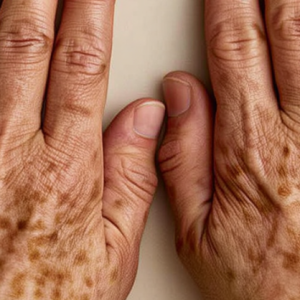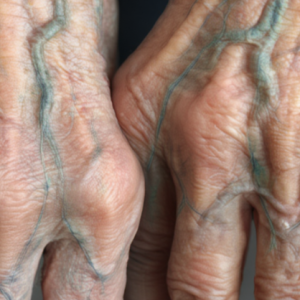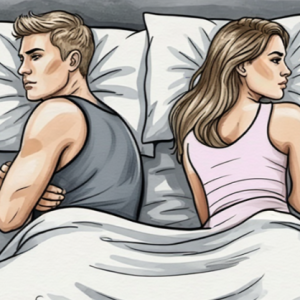Sundown syndrome, often called sundowning, is a condition commonly seen in older adults, especially those with dementia or Alzheimer’s disease. Though it isn’t a disease on its own, it refers to a pattern of symptoms that emerge during a specific time of day—typically late afternoon or evening—impacting not only the individual but also their caregivers.
Understanding the Syndrome
Sundowning involves noticeable changes in mood, behavior, and cognition that arise in the later hours of the day. While it’s most frequent in people with neurological conditions like dementia, it can also appear in seniors without any formal diagnosis.

Common symptoms may include:
- Increased confusion or disorientation
- Agitation or anxiety
- Irritability or sudden mood swings
- Restlessness or pacing
- Aggression without a clear trigger
- Difficulty sleeping or staying asleep
- Occasional hallucinations or aimless wandering
How to Recognize It
The key sign of sundown syndrome is timing. If the symptoms regularly intensify during the late afternoon, evening, or night, this could indicate sundowning. Specific behaviors to watch for include:
- Sharp changes in mood after dusk
- Increased confusion compared to earlier in the day
- Aggressive or uncooperative behavior
- Trouble sleeping or frequent nighttime awakenings
- A pattern of restlessness or pacing in the evening
Managing Sundown Syndrome
Although there’s no cure, many approaches can help minimize symptoms and improve daily life:
1. Stick to a Consistent Routine
Having regular times for meals, bathing, activities, and rest helps reduce stress and confusion.
2. Optimize Lighting
Using bright lights in the evening can help regulate the body’s internal clock and reduce disorientation as daylight fades.
3. Limit Stimulants
Avoid caffeine, sugar, or alcohol in the afternoon or evening to reduce restlessness.
4. Encourage Calming Activities
Gentle music, a quiet walk, or reading can help soothe anxiety in the evening hours.
5. Medical Intervention (if needed)
In severe cases, a doctor may recommend medication to address anxiety, agitation, or sleep disturbances—but only as a last resort and under close supervision.
Advice for Caregivers

Caring for someone with sundown syndrome can be emotionally demanding. Here are some helpful tips:
- Stay calm and avoid arguing—even if the person seems unreasonable or confused.
- Keep the environment safe and clutter-free to prevent accidents during episodes of wandering.
- Ensure they stay hydrated and maintain a balanced diet.
- Make time for yourself: burnout is real, and self-care is essential.
- Don’t hesitate to seek support or consult professionals for guidance tailored to your situation.





